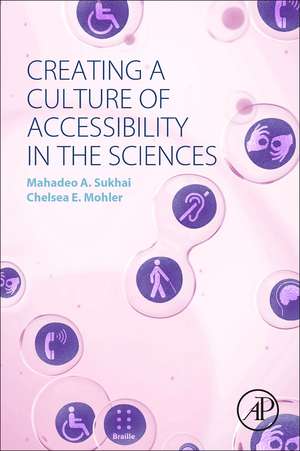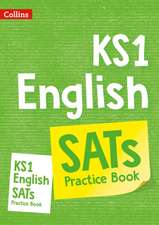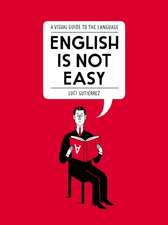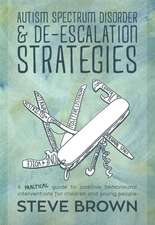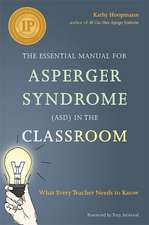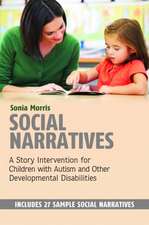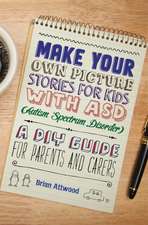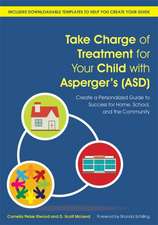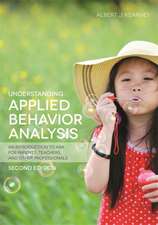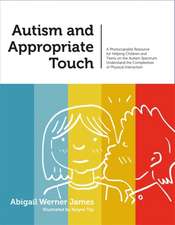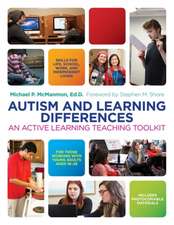Creating a Culture of Accessibility in the Sciences
Autor Mahadeo A. Sukhai, Chelsea E. Mohleren Limba Engleză Paperback – 27 noi 2016
The book is reflective of the diversity of STEM disciplines (life and physical sciences, engineering, and mathematics), and is also reflective of cross-disability perspectives (physical, sensory, learning, mental health, chronic medical and developmental disabilities).
It is a useful resource for STEM faculty and university administrators working with students with disabilities, as well as STEM industry professionals interested in accommodating employees with disabilities.
- Offers a global perspective on making research or work spaces accessible for students with disabilities in the STEM fields
- Discusses best practices on accommodating and supporting students and demonstrates how these practices can be translated across disciplines
- Enhances faculty knowledge of inclusive teaching practices, adaptive equipment, accessibility features, and accommodations in science laboratories, which would enable the safe participation of students with disabilities
- Provides advice for students with disabilities on disclosure and mentoring
Preț: 243.45 lei
Nou
Puncte Express: 365
Preț estimativ în valută:
46.60€ • 50.63$ • 39.17£
46.60€ • 50.63$ • 39.17£
Carte tipărită la comandă
Livrare economică 14-28 aprilie
Preluare comenzi: 021 569.72.76
Specificații
ISBN-13: 9780128040379
ISBN-10: 0128040378
Pagini: 348
Dimensiuni: 152 x 229 x 15 mm
Greutate: 0.54 kg
Editura: ELSEVIER SCIENCE
ISBN-10: 0128040378
Pagini: 348
Dimensiuni: 152 x 229 x 15 mm
Greutate: 0.54 kg
Editura: ELSEVIER SCIENCE
Cuprins
Part I: Students with Disabilities in the Sciences
1. The landscape for students with disabilities in the sciences
2. Accessibility in science, technology, engineering, and mathematics—the global perspective
Part II: Barriers Faced by Students with Disabilities in the Sciences
3. Barriers faced by students with disabilities in science laboratory and practical space settings
4. Student perspectives on disability—impact on education, career path, and accommodation
5. Key role of education providers in communication with students and service providers
Part III: Student as Educator
6. Disclosure in the sciences
7. Student as ACTor—recognizing the importance of advocacy, communication, and trailblazing to student success in STEM
8. Mental health and well-being for students with disabilities in the sciences
9. Peer-support networks
Part IV: Student as Learner
10. Essential requirements and academic accommodations in the sciences
11. Universal design for learning
12. Inclusive teaching practices
Part V: Students as Mentees, Trainees, and Leaders
13. Faculty mentorship of students with disabilities in the sciences
14. Faculty supervision of students with disabilities in the sciences
15. The student in a leadership, mentorship, and supervision role
16. Leveraging professional development and networking opportunities
Part VI: Accommodating Students With Disabilities in the Sciences
17. Accommodating students with disabilities in science laboratories and in fieldwork
18. Human accommodation—laboratory/technical assistants in the sciences
19. Mainstream technology as accessibility solutions in the science lab
20. Assistive technology
21. Accessible formats in science and technology disciplines
22. Simulation learning
23. Physical access in science laboratories
Part VII: Synthesis
24. Practicum placements
25. General principles of designing accessible learning environments in the sciences
1. The landscape for students with disabilities in the sciences
2. Accessibility in science, technology, engineering, and mathematics—the global perspective
Part II: Barriers Faced by Students with Disabilities in the Sciences
3. Barriers faced by students with disabilities in science laboratory and practical space settings
4. Student perspectives on disability—impact on education, career path, and accommodation
5. Key role of education providers in communication with students and service providers
Part III: Student as Educator
6. Disclosure in the sciences
7. Student as ACTor—recognizing the importance of advocacy, communication, and trailblazing to student success in STEM
8. Mental health and well-being for students with disabilities in the sciences
9. Peer-support networks
Part IV: Student as Learner
10. Essential requirements and academic accommodations in the sciences
11. Universal design for learning
12. Inclusive teaching practices
Part V: Students as Mentees, Trainees, and Leaders
13. Faculty mentorship of students with disabilities in the sciences
14. Faculty supervision of students with disabilities in the sciences
15. The student in a leadership, mentorship, and supervision role
16. Leveraging professional development and networking opportunities
Part VI: Accommodating Students With Disabilities in the Sciences
17. Accommodating students with disabilities in science laboratories and in fieldwork
18. Human accommodation—laboratory/technical assistants in the sciences
19. Mainstream technology as accessibility solutions in the science lab
20. Assistive technology
21. Accessible formats in science and technology disciplines
22. Simulation learning
23. Physical access in science laboratories
Part VII: Synthesis
24. Practicum placements
25. General principles of designing accessible learning environments in the sciences
